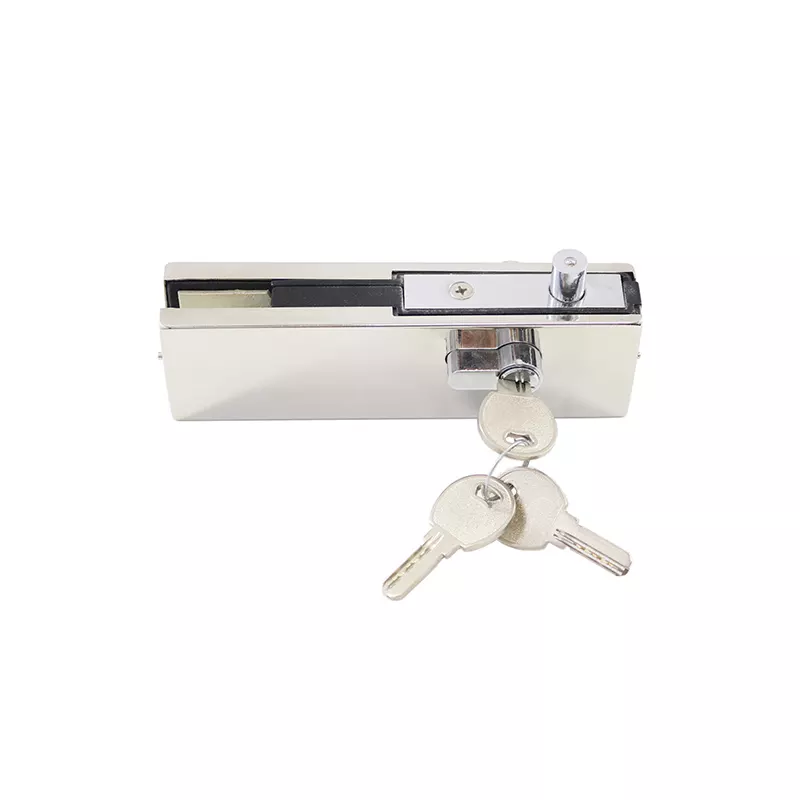The Environmental Impact of Your Sliding Shower Door Clip Choices
In the pursuit of enhancing our bathrooms with practical and aesthetically pleasing elements, it is crucial to consider the environmental impact associated with the materials we choose. Sliding shower door clips, while seemingly minor components, can significantly influence the sustainability of our homes. This article delves into the environmental implications of sliding shower door clip choices, providing insights to guide informed decision-making.
Durability and Longevity
Plastic Clips
Plastic shower door clips, though commonly used, have a short lifespan. They are prone to cracking, breaking, and discoloring over time, leading to frequent replacements. This cycle of consumption and disposal contributes to plastic waste and the depletion of non-renewable resources.
Metal Clips
Metal clips, such as stainless steel or aluminum, are significantly more durable than plastic counterparts. They resist corrosion, fading, and breakage, ensuring longevity and minimizing the need for replacements. The durability of metal clips reduces the environmental impact associated with manufacturing and waste disposal.
Energy Efficiency
Friction and Resistance
Shower door clips play a role in the overall energy efficiency of a bathroom. Friction between the clips and the door track can hinder smooth sliding, requiring additional force and energy to operate the door. Plastic clips, due to their low friction coefficient, facilitate effortless gliding, reducing energy consumption.
Airtight Seals
Loose or worn clips can compromise the airtight seal of the shower door, allowing moisture and heat to escape. Poorly sealed doors increase energy demands for heating or cooling the bathroom, contributing to greenhouse gas emissions. Metal clips, with their sturdy construction and tight grip, ensure a consistently airtight seal, minimizing energy loss.
Material Extraction and Processing
Plastic Clips
Plastic shower door clips are typically made from polyvinyl chloride (PVC), a petroleum-based material. The extraction and processing of crude oil for PVC production consume significant amounts of energy and release toxic pollutants into the environment. Additionally, PVC manufacturing involves the use of hazardous chemicals, posing risks to human health and ecosystems.
Metal Clips
Metal clips, on the other hand, are often made from recycled materials, reducing the need for raw material extraction. The recycling process also consumes less energy compared to primary production, helping to conserve resources and mitigate environmental impacts. Furthermore, metal recycling plants implement emission control measures to minimize air and water pollution.
Disposal and End-of-Life Management
Plastic Clips
Plastic shower door clips, after reaching the end of their useful life, end up in landfills or as litter. They are not biodegradable and can persist in the environment for hundreds of years, leaching harmful chemicals into soil and waterways.
Metal Clips
Metal clips, on the contrary, can be recycled infinitely without losing their integrity. Recycling metal clips prevents them from contributing to waste accumulation and reduces the demand for new material extraction. Responsible disposal and recycling practices ensure the sustainable end-of-life management of metal clips.
-
The Advantages of Stainless Steel Glass Door Locks: Durability, Security, and Design
23-01-2026 -
Top Features of D Locks for Glass Doors: What to Look For
20-01-2026 -
Load Bearing, Security Level, and Durability Standards for Glass Door Locks
17-01-2026 -
Can frameless glass door locking hardware be customized for OEM projects?
15-01-2026 -
Key Considerations When Customizing Glass Door Locking Hardware for Office Buildings
14-01-2026
-
The Best Lock Options for Double Swing Glass Doors: Features and Benefits
31-01-2026 -
The Ultimate Guide to Glass Door Locks: Which One Is Right for You?
30-01-2026 -
What Lock Type Works Best for a Door with Glass Panels: Deadbolt, Keyed, or Smart?
29-01-2026 -
Hinged Glass Door Lock vs Sliding Glass Door Lock: Which Is Better?
28-01-2026 -
Glass Door to Wall Lock for Shower Rooms: What You Need to Know?
27-01-2026










